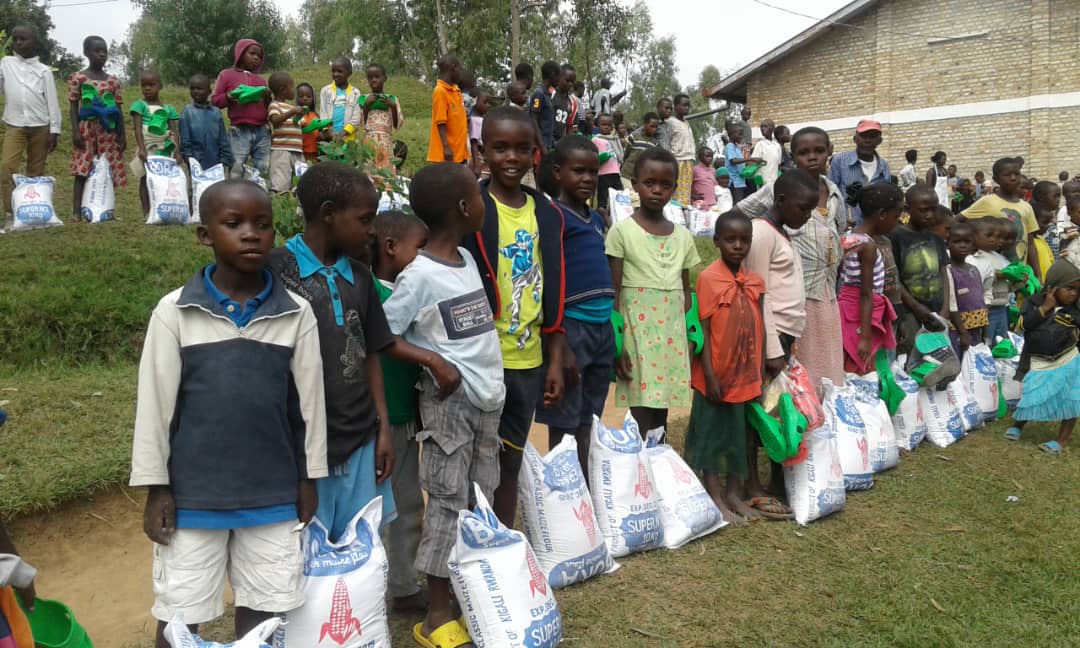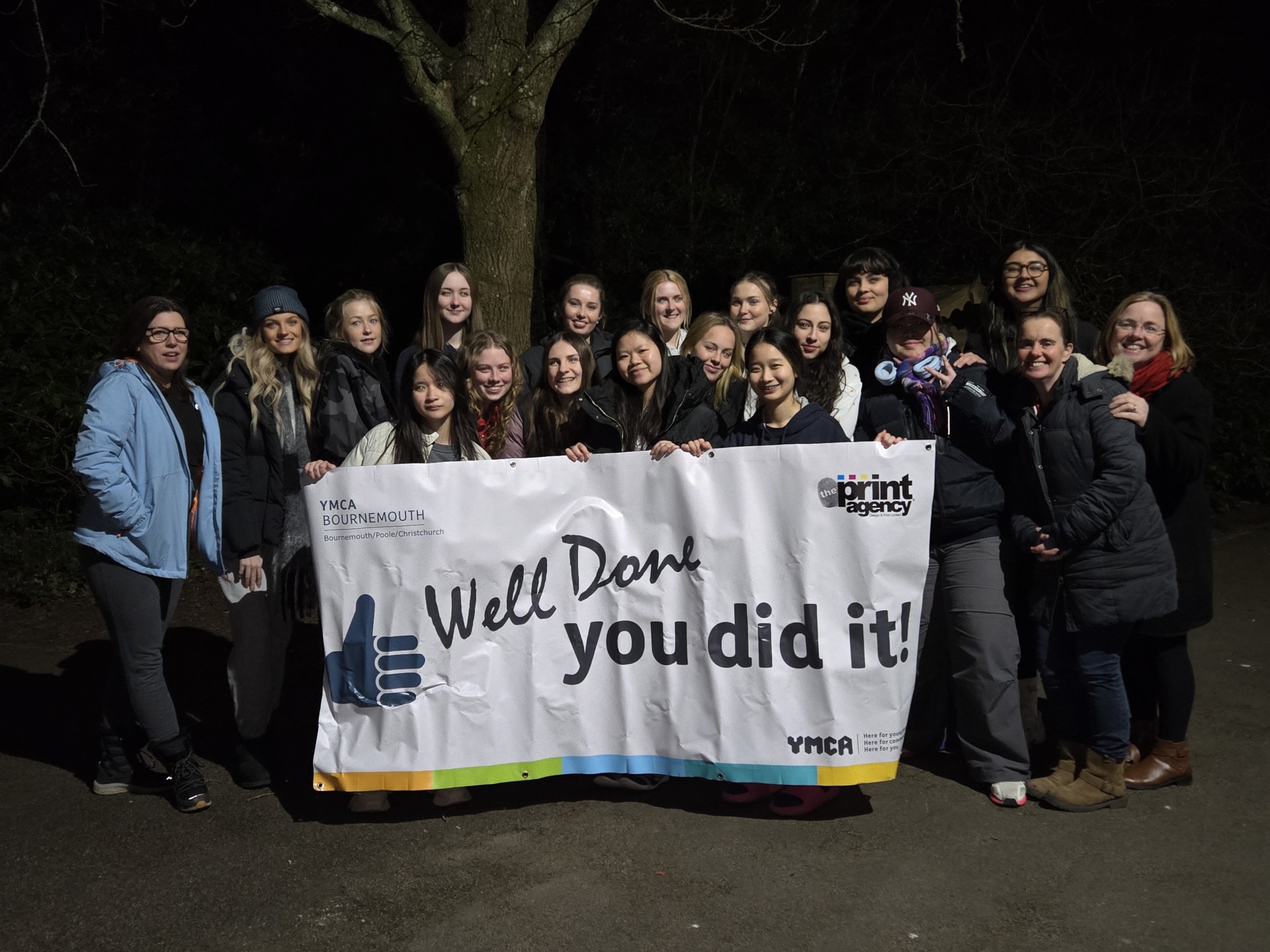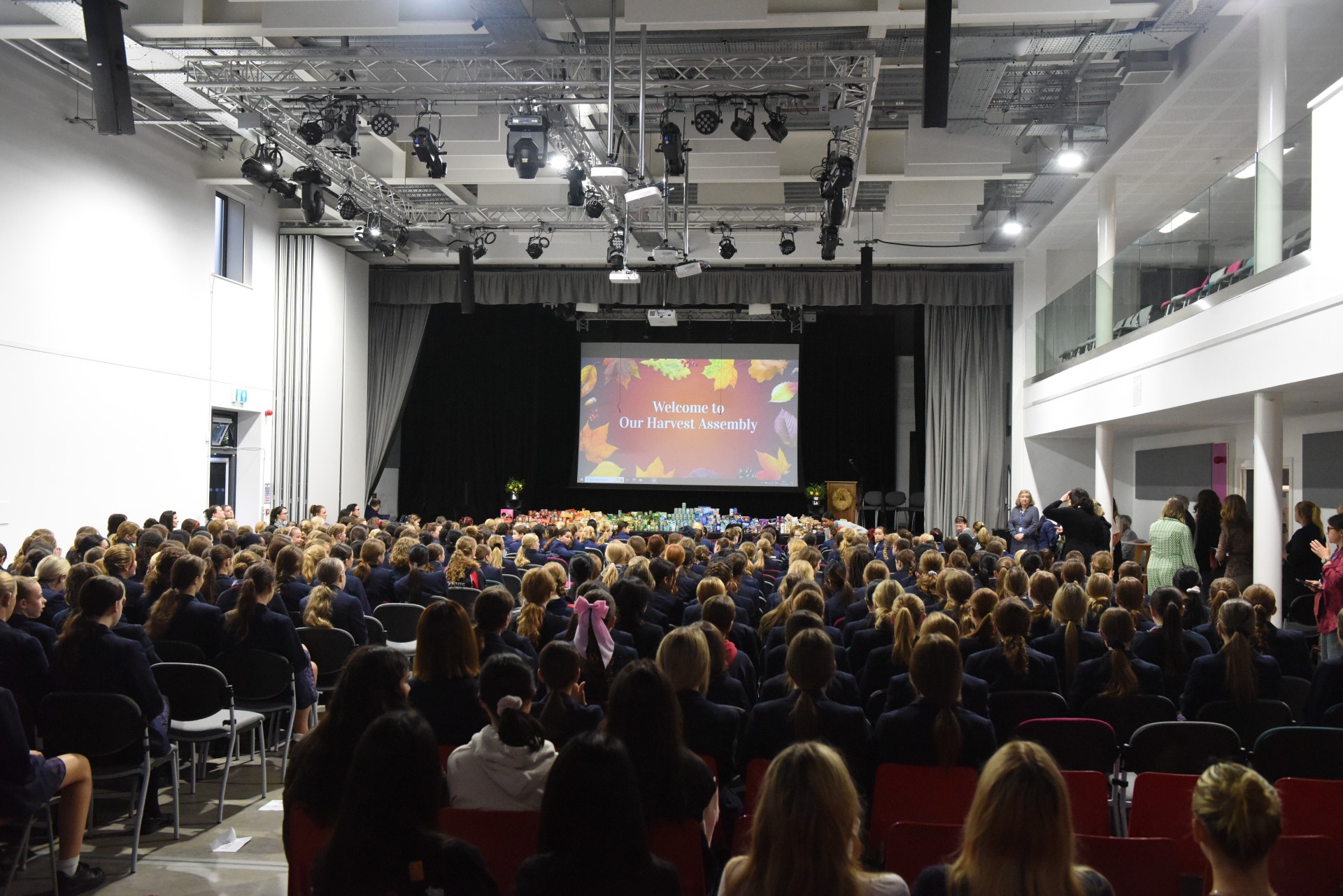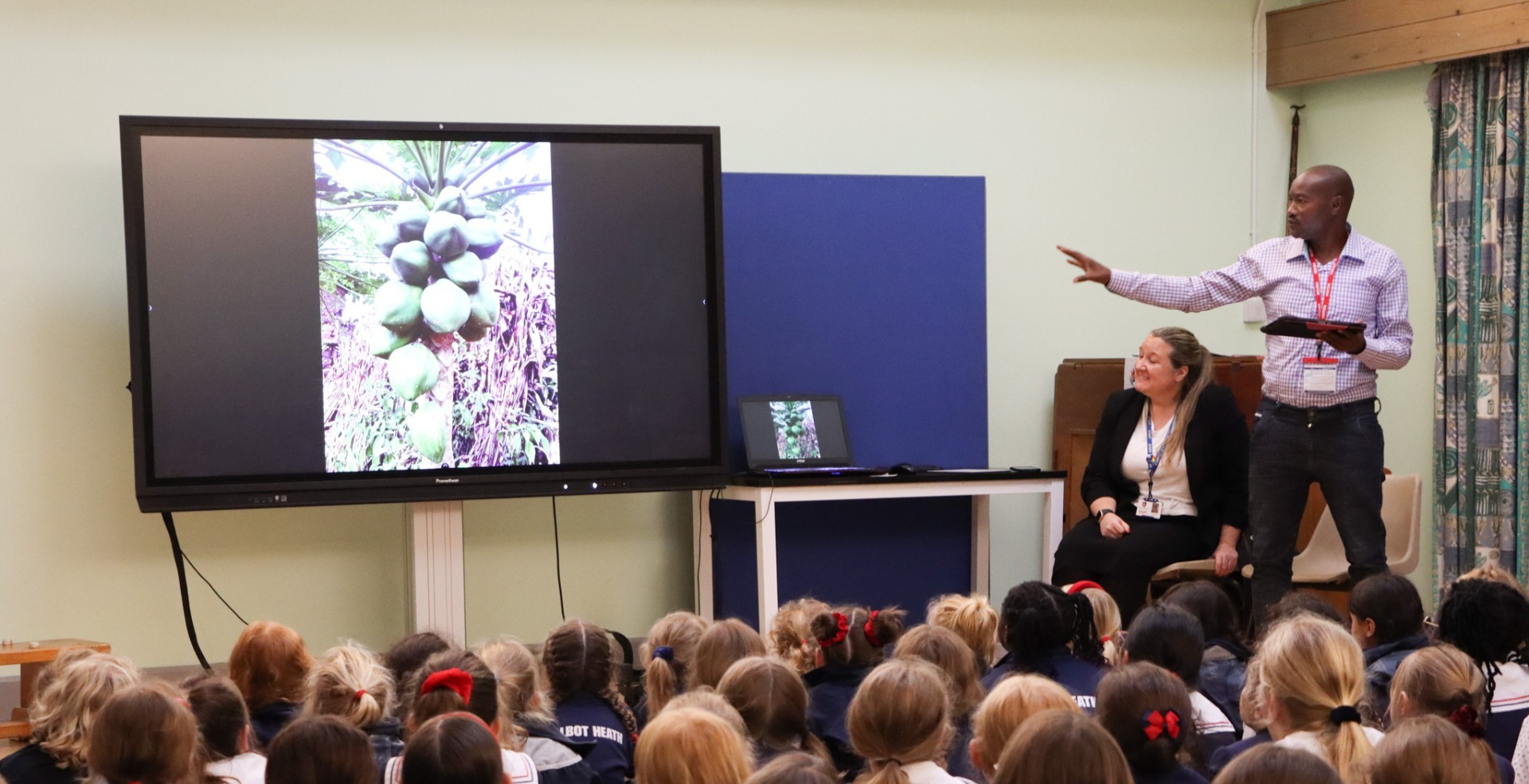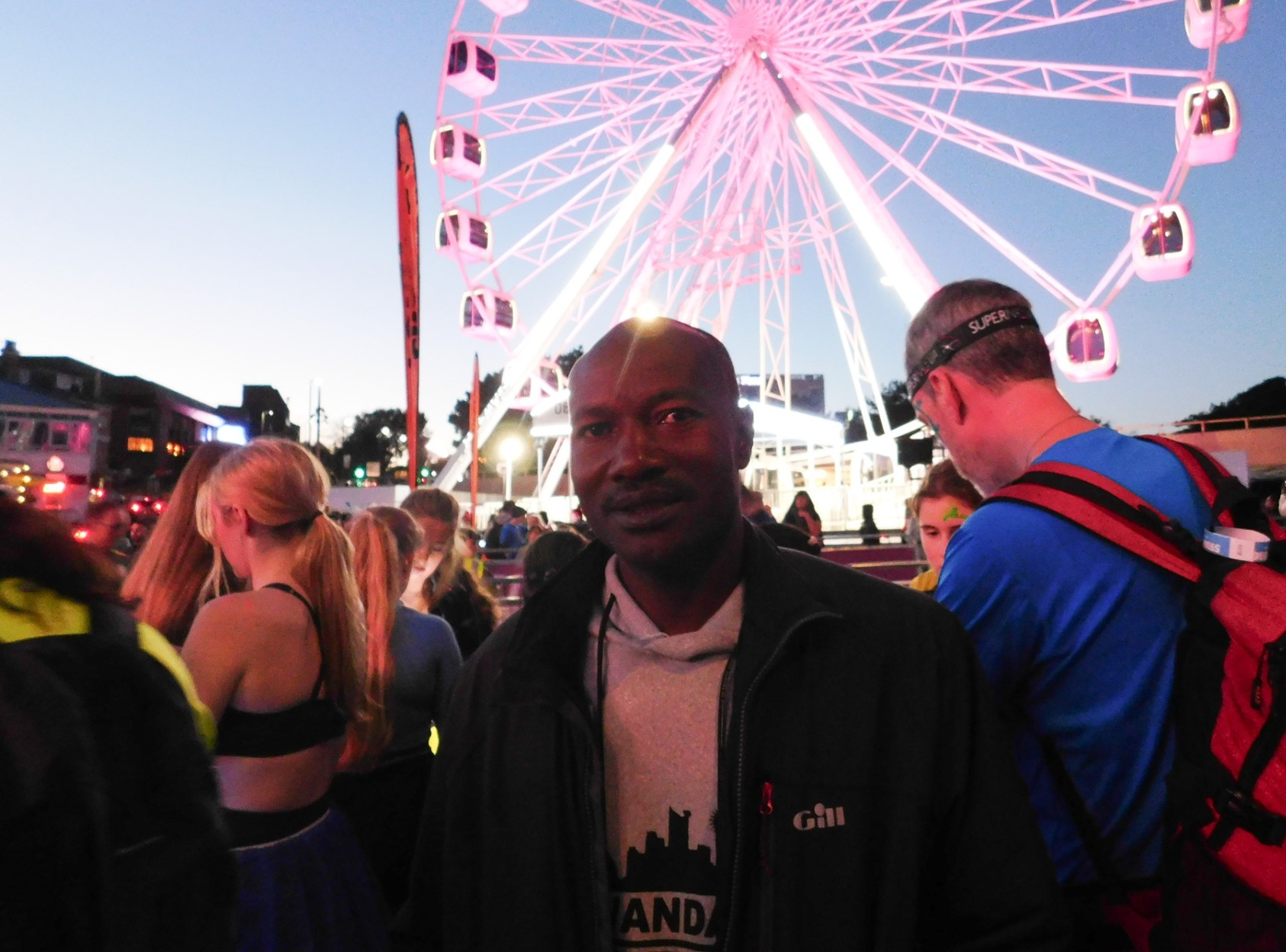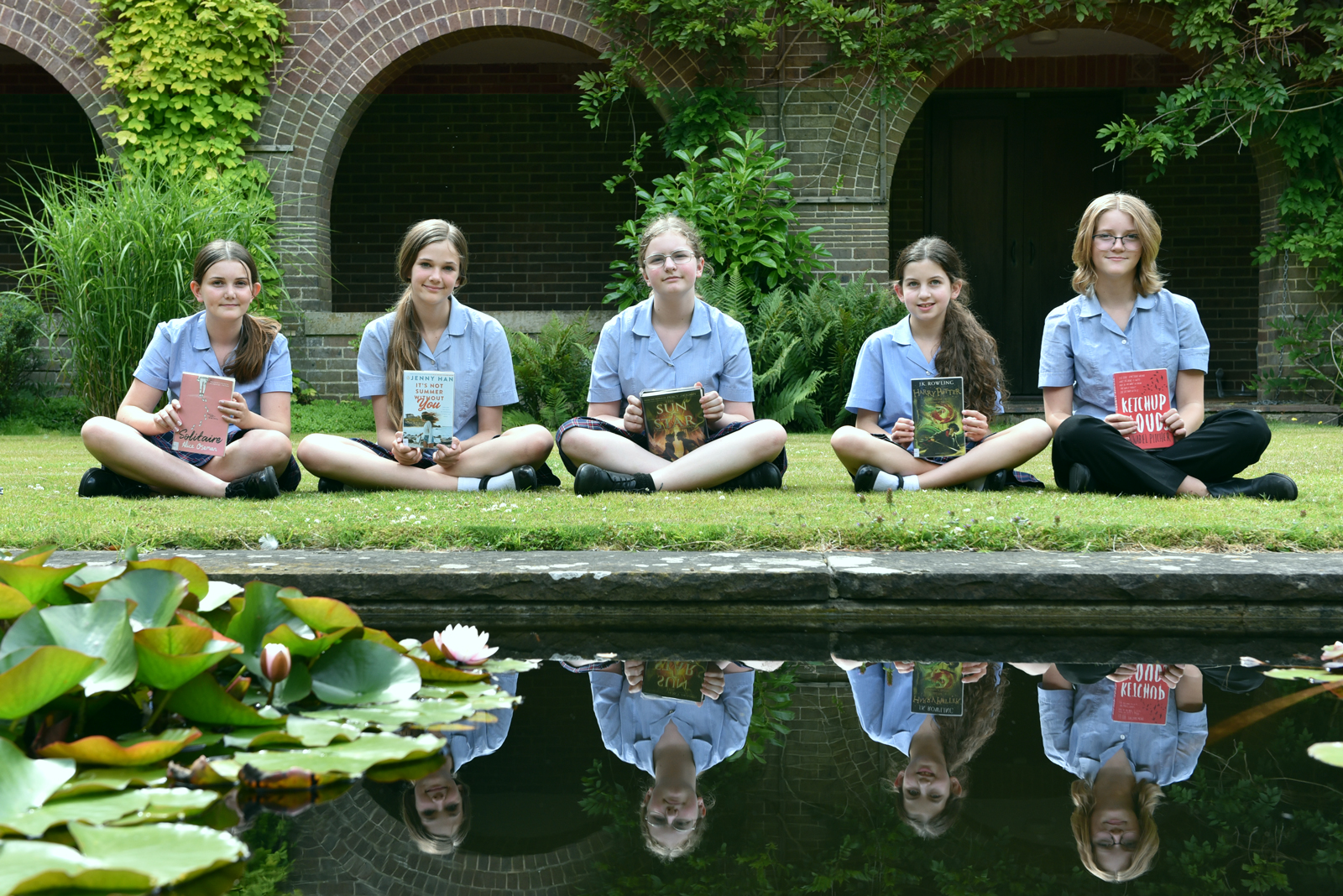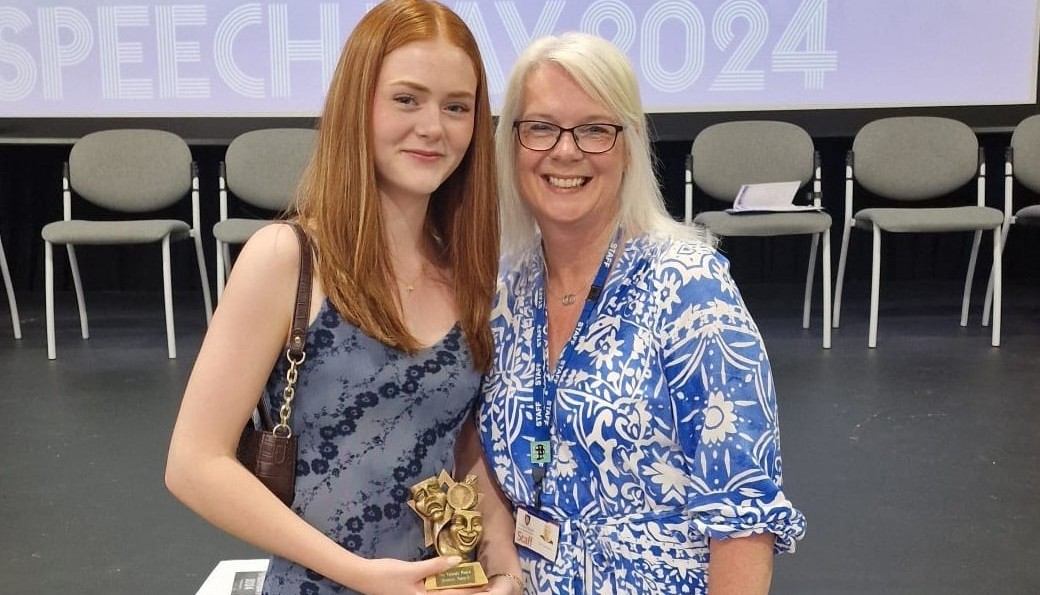Godfrey’s Kitchen
Dufatanye Organisation Green Village of Hope, Nyanza, Rwanda – home to our appeal named ‘Godfrey’s Kitchen.’
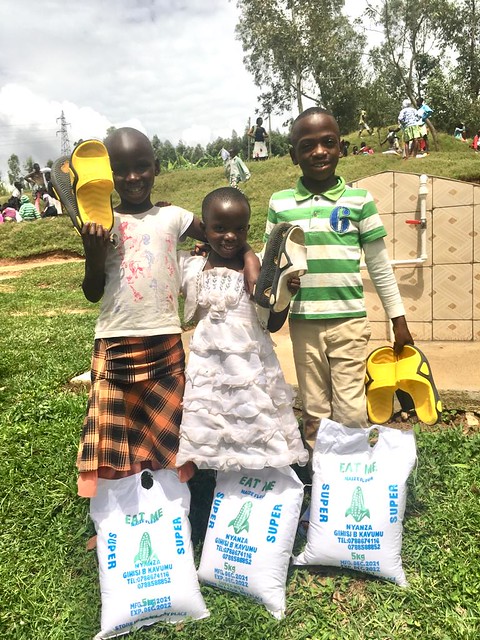
BECOMING A SUPPORTER OR DONATING IS QUICK AND EASY!
Just £5 a month will feed one child for a whole month.
TH parents click here to have your support/donation added to your bill.
TH staff click here for your support/donation to be taken from your monthly wages.
Anyone can make a one off donation online by clicking here.
If you wish to support or donate and do not go to Talbot Heath School, (or you would simply like to pay via your own bank) you need to set up a standing order/bank transfer.
Our bank details are as follows:
Sort Code: 30-91-08
Account No: 01851298
Talbot Heath School Trust Limited
Lloyds Bank
Please use reference GK followed by your surname to allow us to identify the donations.
The Dufatanye Organisation is located in Nyanza, Rwanda with a mission to combat HIV/AIDs, malnutrition and poverty. Its Green Village of Hope programme aims to empower vulnerable communities to become self-sufficient and independent through training in agriculture, and the provision of kitchen gardens, laying hens, and fruit trees.
Talbot Heath’s involvement came about through Godfrey Karema, who was a teacher at our previous partner school in Hanika. He set up Dufatanye (‘join together’) in 2003 and works tirelessly to raise awareness and funds.
There are now nine Green Villages of Hope across Rwanda, serving over 30,000 people. The organisation acquires land and sets up agricultural and vocational projects for the members, who all have individual roles and responsibilities within the community. These projects include a banana plantation, maize mill, fruit and vegetable farmland, the production of mud bricks and clay pots for building and selling, ponds for fish farming and breeding, rearing cows, goats, rabbits and pigs. The produce and profits are distributed amongst the members, with a proportion ploughed into training and development. Additional funds are also reserved to help the most needy; building houses for the homeless, providing cooking stoves, mattresses, clothing and access to healthcare.
The effects of the Rwandan genocide are still being felt generations later. The population have suffered tragic loss and family trauma. Malnutrition and poor sanitation leads to health problems such as scabies, and malaria is a constant threat. They have inadequate clothing and ill-fitting, mismatched shoes, and there is a high level of illiteracy. Yet, despite all these problems, they still have huge, joyful smiles and above all, hope for a brighter future, as a direct result of Godfrey’s work.
Thank you for supporting this worthwhile cause.
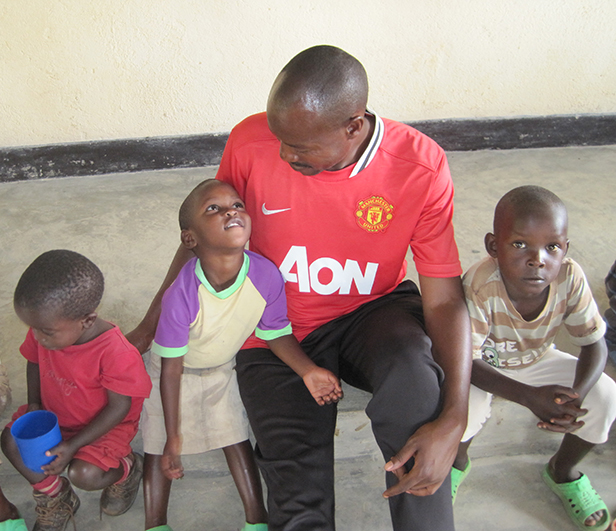
About Godfrey
Mother Theresa was quoted as saying ‘Not all of us can do great things, but we can do small things with great love.’
When we first met Godfrey, we knew he was an exception, he could do great things, with great love, and had another, vital ingredient woven into his very being – humility.
Humility is everything; it is where important things such as grace, kindness and generosity dwell. With this too, Godfrey had the whole package.
This is his story:
“I was born in exile in 1972, the 16th child of 36 children from seven wives. The love was spread very thinly, but through the grace of God, I managed to graduate as a teacher, and worked for 13 years before leaving to serve my community at the Dufatanye Cooperative in Nyanza, Rwanda. I am married to Dianne, with two boys and six adopted children.
In 1984, at 12 years old, I lost my sister to AIDS. At that time in Uganda, particularly in the Masaka district where I grew up, people believed that AIDS was caused by thieves who were then cursed with the disease. Sufferers were taken to witch doctors to be cured and their families suffered shame and humiliation in the villages. In 1987, my uncle Joseph was dying of AIDS and my father would not allow us to go and see him, I disobeyed, I went, I was given 50 strokes of the cane for my defiance.
My sister, my uncle and many, many more people died in terrible pain – alone, rejected and stigmatised by their own families. I will never forget the catholic sisters at Kitovu Hospital in Masaka, working with the AIDS support organisation TASO. When I was forbidden to care for and comfort my uncle, they took my place.
I left Uganda for Rwanda (the land of milk and honey, according to my parents), we had little idea of the horrors that were about to unfold there. The Genocide came in 1994; 100 days of slaughter, one million dead, evil came and dwelt in Rwanda during that time. Rape was used as a weapon of war, to infect and kill. Tutsi women and girls were forced into prostitution for their own survival. The scourge of HIV became an epidemic, those afflicted did not want to die alone, so did their best to spread it in their communities. The sufferers were still denounced, tagged as cursed by their own, thrown to the mercy of unscrupulous witch doctors.
The years following the genocide were not easy for me. I prayed to God to save my life, and, in return, I promised to serve Him as well as I could. I often thought of going back to Uganda to thank the catholic sisters, with the honey and yellow bananas, who cared for my uncle, and I heard a voice telling me to go and do the same.
The combination of that persistent voice and fulfilling my promise to God, led me to the community in Nyanza, to start working with people infected with HIV, to bring them out of hiding and isolation, breakdown the taboos and bring hope. I had a huge challenge on my hands, but with God’s guidance, the ‘Village of Hope’ is thriving.
Today, the people living there get medical support and treatment with ARV, they work, their focus is no longer on death but life, their future and their families. There is much more work still to be done, but together we can save so many more lives, spiritually, morally, physically and economically.
Karema Godfrey
Executive Director -Dufatanye Organisation

